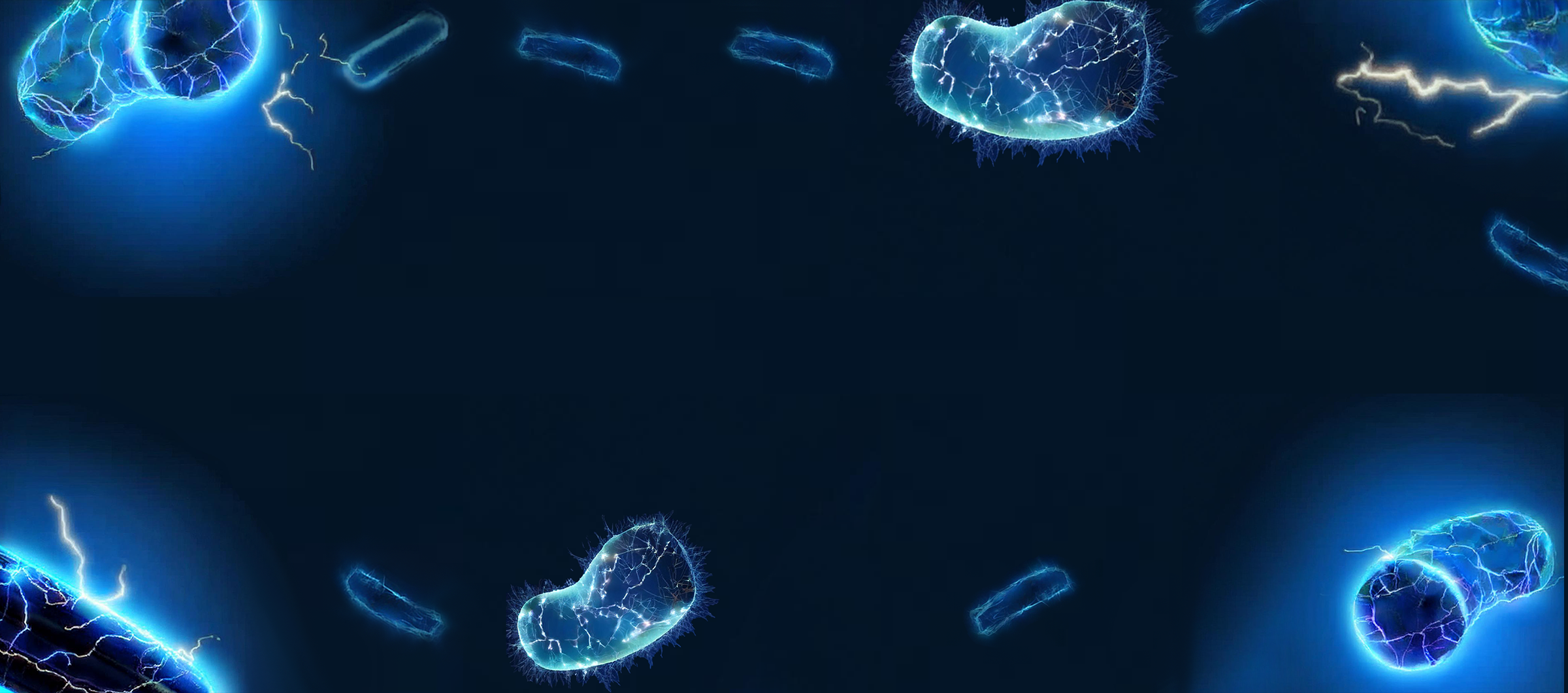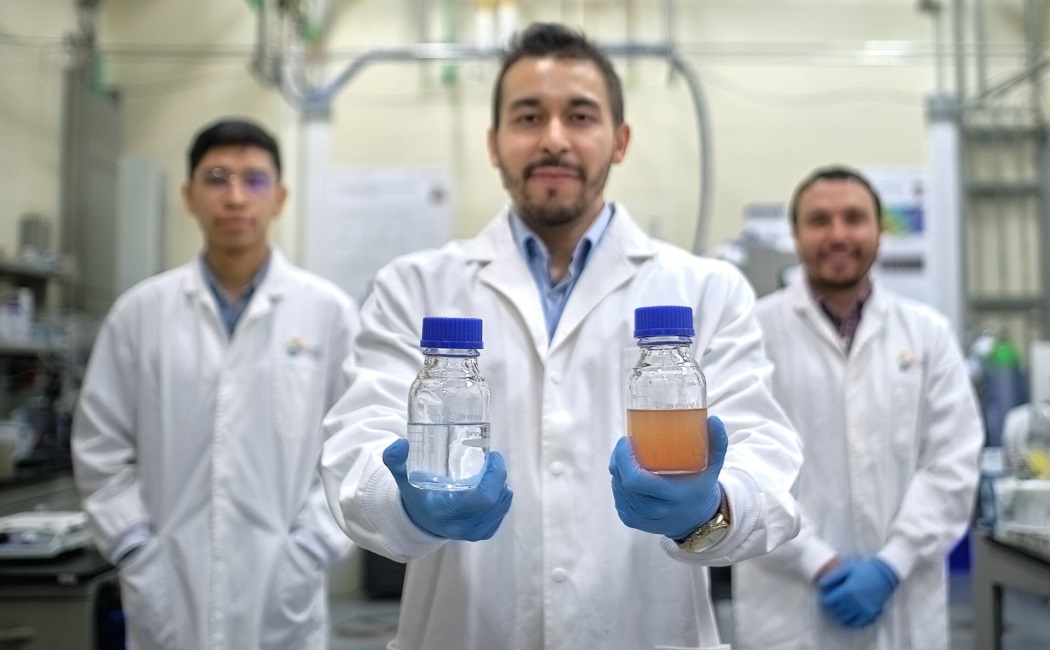


27 February, 2023
Researchers in the MAPTech lab have successfully cultivated a novel salt-tolerant bacterium from the Red Sea that effectively removes nitrogen from high-salinity wastewater.
The anammox process not only removes ammonium but also saves energy and reduces greenhouse gas emissions. Compared to conventional nitrogen-removal processes, this technology cuts operational costs by more than 60 percent.
By leveraging real seawater from the Red Sea, researchers successfully enriched a novel marine anammox bacterium, paving the way for more sustainable wastewater treatment solutions.
The key to the discovery, says postdoc Dario Shaw, was identifying novel bacteria in the Red Sea, which they enriched and cultured in the lab. These annamox bacteria effectively remove nitrogen from high salinity wastewater. The team is now scaling up the technology and patenting the novel process.
Importantly, the group has discovered that, as well as directly removing ammonium present in wastewater, the annamox process also saves energy and does not emit greenhouse gases.
“A conventional wastewater treatment process requires a lot of energy to oxidize the organics and ammonium, in the process emitting greenhouse gases. The quality of the treated sewage effluent is not suitable for nonpotable reuse applications. Therefore, we have to innovate and come up with novel ideas and sustainable wastewater treatment technologies that consume less energy, have lower greenhouse gas emissions and enable recovery of water suitable for nonpotable reuse,” says Prof. Pascal Saikaly.
Read the full article on KAUST Insight.